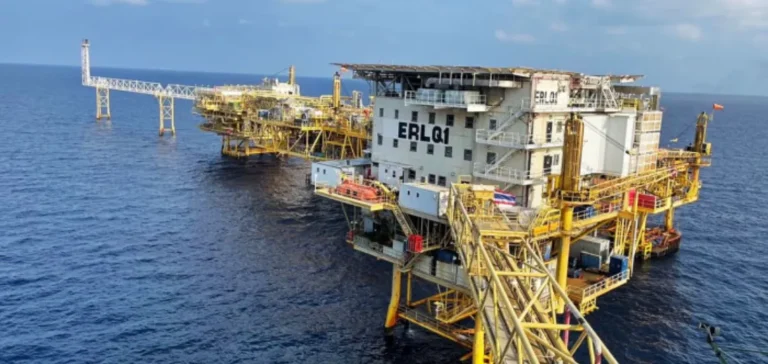CanAsia Energy Corp., a Calgary-based oil and gas company, has announced that it has submitted a consortium bid as part of Thailand’s 25th onshore licensing round. The company holds a non-operated 30% interest in the bid for the exploration, development, production and marketing of hydrocarbons on an onshore block. This move reflects CanAsia’s intent to diversify its activities beyond the North American market.
A competitive process for concession awards
The 25th licensing round initiated by Thai authorities has drawn significant interest from international oil and gas players. The call for tenders covers several blocks intended for the exploration and exploitation of hydrocarbon resources. CanAsia, as a member of the consortium, is targeting a single block, in line with local regulatory requirements.
Given the competitive nature of the process, CanAsia stated that no additional details regarding the bid or the targeted block will be disclosed until a concession is officially awarded. This position is intended to maintain the competitiveness of the bid in an environment where auctions attract multiple regional and international operators.
Outlook and timetable for results
The final decision from Thai authorities on concession awards is expected in the first quarter of 2026. According to information provided by CanAsia, there is no guarantee that the submitted bid will be accepted as proposed, or accepted at all. Such uncertainty is characteristic of allocation processes in the oil sector, where market conditions, evaluation criteria and competition all influence final decisions.
The company, historically active in Western Canada, continues to pursue an expansion strategy that includes considering high-potential international markets. “Participation in this Thai round marks a step in CanAsia’s international development strategy,” a company spokesperson said.






















